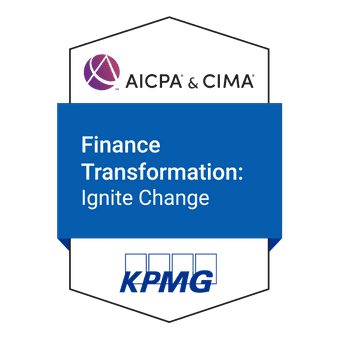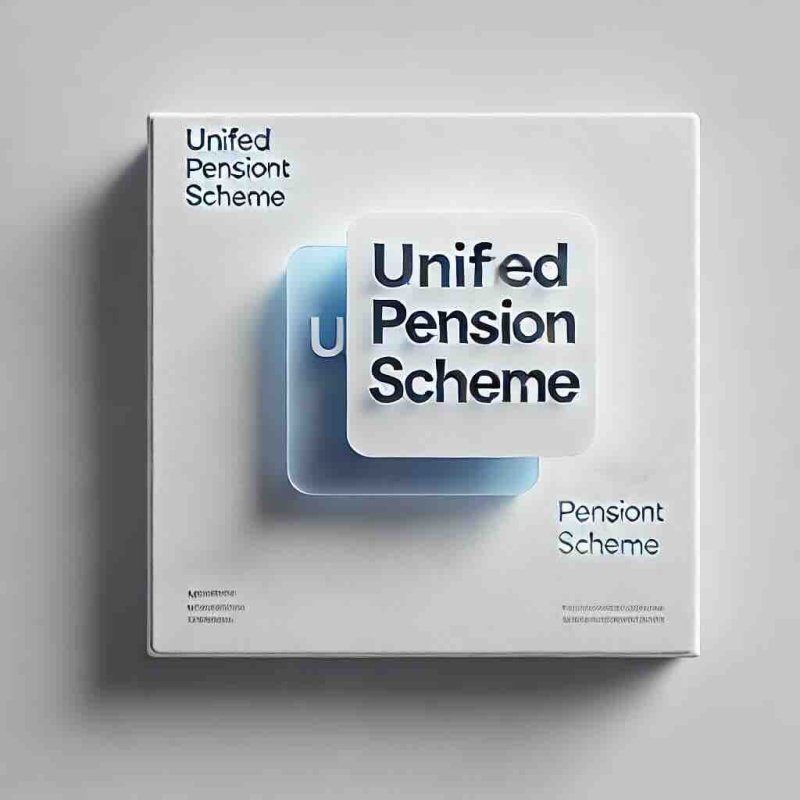Amendment to IFRS 16 due to COVID-19 rent concessions
Firms leasing the property will be given an optional accounting exemption for rent reductions during the coronavirus crisis by the International Accounting Standards Board (IASB).
The amendment is designed to make it easier for lessees, especially those with a lot of lease contracts, to account for COVID-19-related rent concessions
Hans Hoogervorst, Chairman of the International Accounting Standards Board said “The amendment is designed to make it easier for lessees, especially those with a lot of lease contracts, to account for COVID-19-related rent concessions,” IASB Chair Hans Hoogervorst said in a statement on Thursday.
Coronavirus lockdowns have led retailers and other companies to request rent holidays or cuts on their shop leases.
A skipped rent payment would normally trigger a “modification” in a lease, forcing the lessee to review the contract to see if investors need updating.
What is the amendment
Current Accounting Treatment
For lessees, a lease modification arises when the lease contract is altered such that future cash flows and/or the scope of the lease change. Where an increase in scope occurs, and the payment for this increase in scope is commensurate, a separate lease is accounted for. Otherwise, the original lease is remeasured by:
- identifying a revised discount rate appropriate to the revised lease term, underlying asset and the lessee;
- determining the net present value of future cash outflows using the revised discount rate;
- adjusting the remaining right-of-use asset for the increase or decrease in the lease liability. If the adjustment exceeds the carrying value of the right-of-use asset, the excess is recognized as a gain in profit or loss.
Proposed Practical Expedient
The proposed practical expedient bypasses the need for lessees to carry out an assessment to decide whether a COVID-19 related rent concession received is a lease modification or not. The lessee may account for the rent concession as if the change was not a lease modification. However, there are no proposed changes for lessors. The proposed practical expedient is only applicable to rent concessions provided as a direct result of the COVID-19 pandemic and only if ALL of the following criteria are met:
- change in lease payments resulting in revised consideration is substantially the same or lower than the lease consideration immediately preceding the change;
- reduction in lease payments affects only payments originally due in 2020; and,
- there is no substantive change in other terms and conditions of the lease.
What triggered this amendment
The International Accounting Standards Board (Board) had been informed that many lessors around the world have provided, or are expected to provide, rent concessions to lessees as a result of the COVID-19 pandemic. Such rent concessions are particularly prevalent for leases of retail property and, in some cases, are encouraged or required by governments or jurisdictional authorities. Rent concessions include rent holidays or rent reductions for a period of time, possibly followed by increased rent payments in future periods.
IFRS 16 Leases contains requirements that specify the accounting for changes in lease payments, including rent concessions. However, the Board has been informed that applying those requirements to a potentially large volume of COVID-19-related rent concessions could be practically difficult, especially in the light of the many challenges stakeholders face during the pandemic. In particular, lessees have identified potential difficulties in the current environment in assessing whether COVID-19-related rent concessions are lease modifications and, for those that are, applying the required accounting.
In addition, many lessees are currently preparing their first annual financial statements applying IFRS 16. Any complexity arising as a result of the COVID-19 pandemic, therefore, adds to the work being undertaken in implementing the new lessee accounting model in IFRS 16.
Why is the amendment not applicable to lessors
The amendment does not address lessor accounting because lessors are not expected to face the same practical challenges as lessees in accounting for COVID-19-related rent concessions. For many lessors with a large volume of leases, leasing is a core part of their business. In addition, the consequences for users of a lessor’s financial statements are different from those for a lessee. In particular:
- IFRS 16 carried forward the lessor accounting model in IAS 17 Leases. Therefore, unlike lessees, lessors have not recently implemented a new accounting model for their leases.
- Lessor accounting for modifications to operating leases requires no remeasurement of amounts recognized in a lessor’s statement of financial position, whereas lessees are required to remeasure lease liabilities using a revised discount rate for all lease modifications. Many of the real estate leases for which COVID-19-related rent concessions are being provided would be operating leases for the lessor.
- In the case of a finance lease, lessors apply the requirements in IFRS 9 Financial Instruments to modifications. The information this accounting provides is considered useful for users of a lessor’s financial statements and is consistent with the required accounting for other financial instruments in the scope of IFRS 9.
What disclosures are to be made
If a lessee applies the practical expedient as stated above, the lessee shall disclose:
- that it has applied the practical expedient to all rent concessions that meet the conditions or, if not applied to all such rent concessions, information about the nature of the contracts to which it has applied the practical expedient and
- the amount recognized in profit or loss for the reporting period to reflect changes in lease payments that arise from rent concessions to which the lessee has applied the practical expedient.
When is to be effective from
A lessee shall apply that amendment for annual reporting periods beginning on or after 1 June 2020. Earlier application is permitted, including in financial statements not authorized for issue on 28 May 2020.
You can download the original IFRS amendment here
From the blog
View allFAQs
Follow these links to help you prepare for the ACCA exams
Follow these blogs to stay updated on IFRS
Use these formats for day to day operations
- Account closure format
- Insurance claim letter format
- Transfer certification application format
- Resignation acceptance letter format
- School leaving certificate format
- Letter of experience insurance
- Insurance cancellation letter format
- format for Thank you email after an interview
- application for teaching job
- ACCA PER examples
- Leave application for office
- Marketing manager cover letter
- Nursing job cover letter
- Leave letter to class teacher
- leave letter in hindi for fever
- Leave letter for stomach pain
- Leave application in hindi
- Relieving letter format
Link for blogs for various interview questions with answers
- Strategic interview questions
- Accounts payable interview questions
- IFRS interview questions
- CA Articleship interview questions
- AML and KYC interview questions
- Accounts receivable interview questions
- GST interview questions
- ESG Interview questions
- IFRS 17 interview questions
- Concentric Advisors interview questions
- Questions to ask at the end of an interview
- Business Analyst interview questions
- Interview outfits for women
- Why should we hire you question
- Leave application for office
- Leave application for school
- Leave application for sick leave
- Leave application for marriage
- leave application for personal reasons
- Maternity leave application
- Leave application for sister marriage
- Casual leave application
- Leave application for 2 days
- Leave application for urgent work
- Application for sick leave to school
- One day leave application
- Half day leave application
- Leave application for fever
- Privilege leave
- Leave letter to school due to stomach pain
- How to write leave letter
- Sample letter of appeal for reconsideration of insurance claims
- How to increase insurance agent productivity
- UAE unemployment insurance
- Insurance cancellation letter
- Insurance claim letter format
- Insured closing letter formats
- ACORD cancellation form
- Provision for insurance claim
- Cricket insurance claim
- Insurance to protect lawsuits for business owners
- Certificate holder insurance
- does homeowners insurance cover mold
- sample letter asking for homeowner right to repair for insurance
- Does homeowners insurance cover roof leaks










Leave a comment